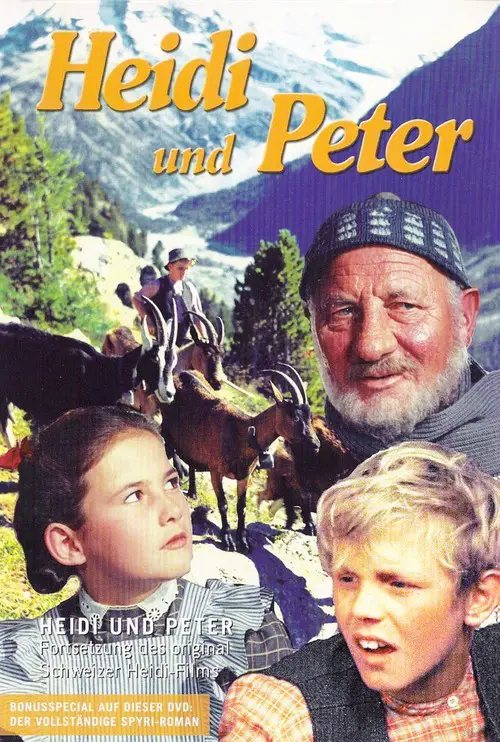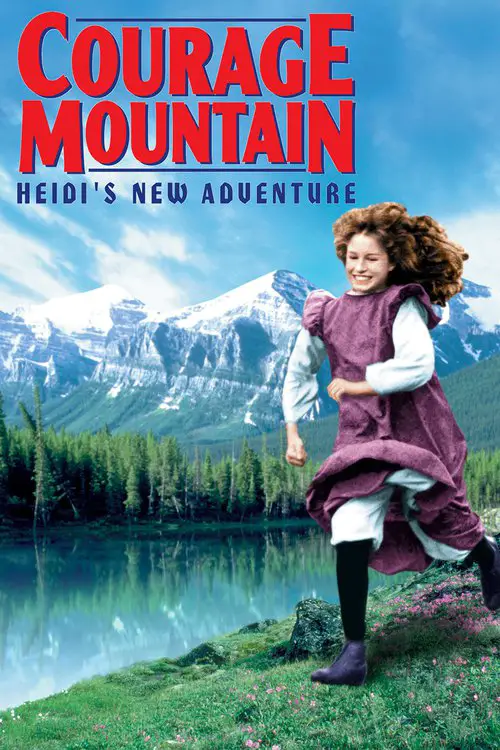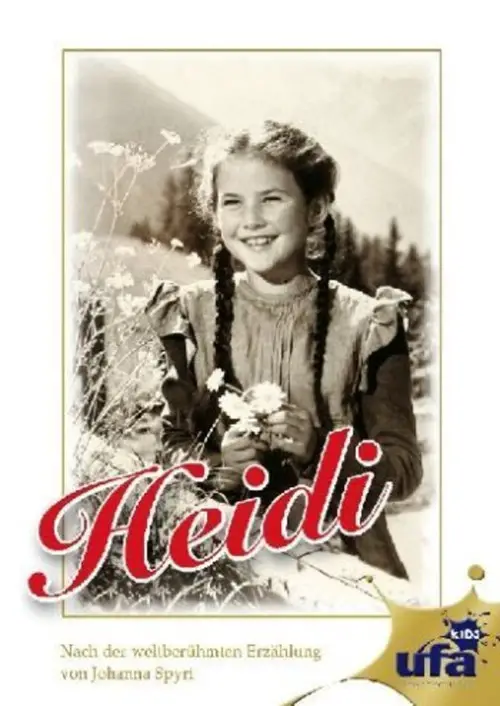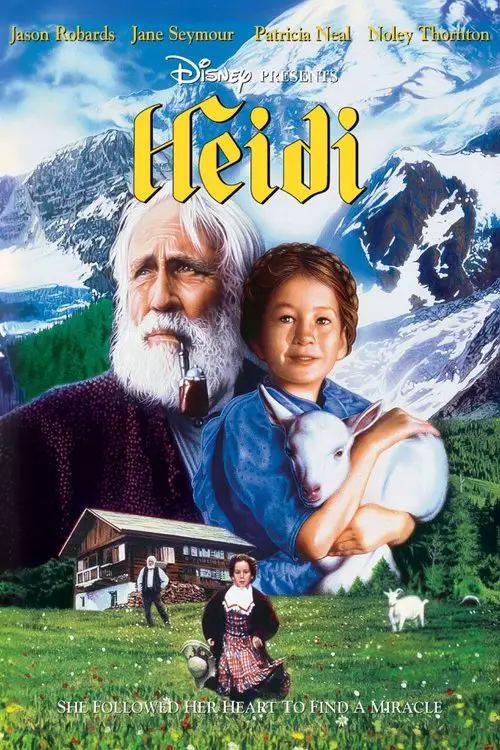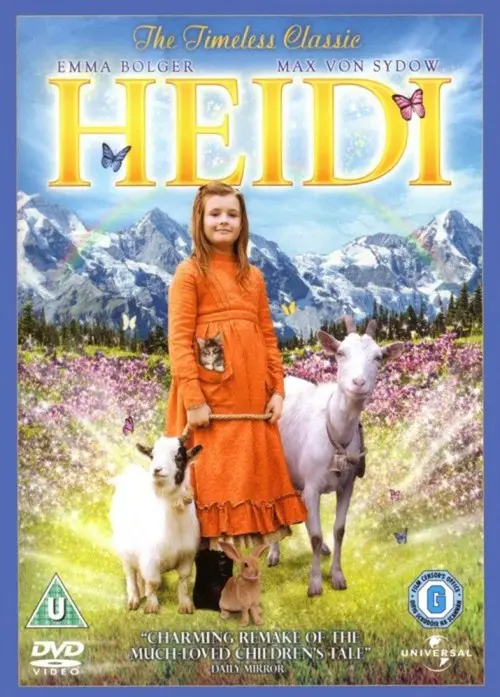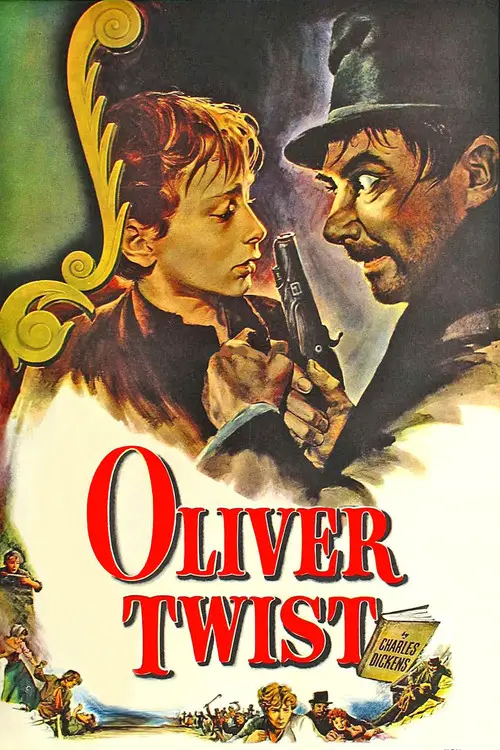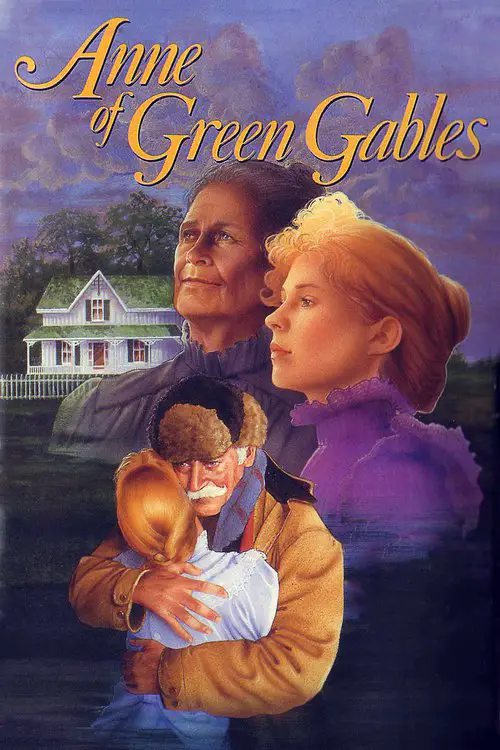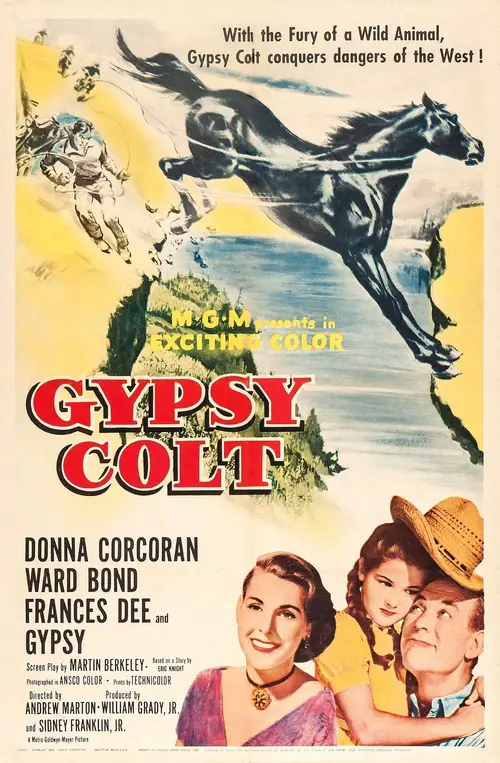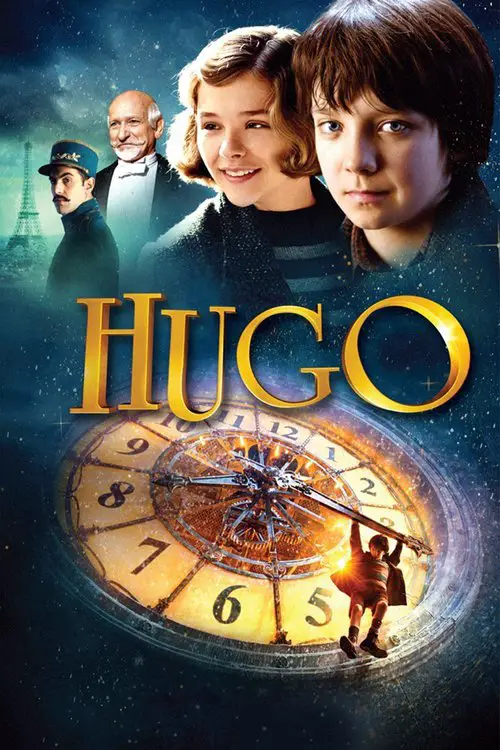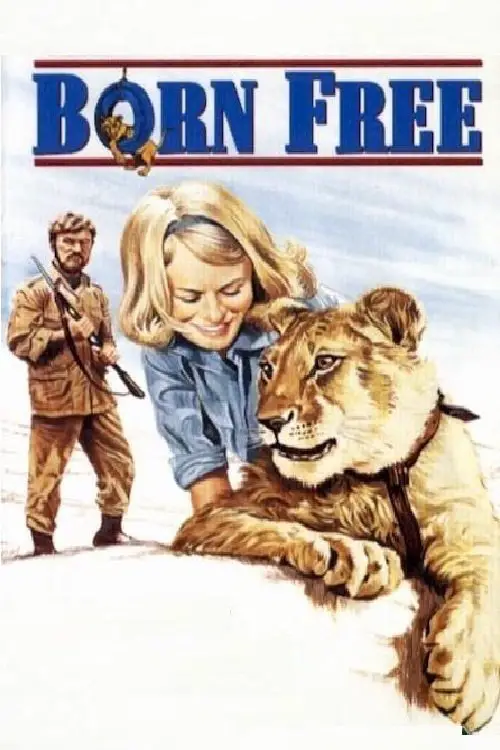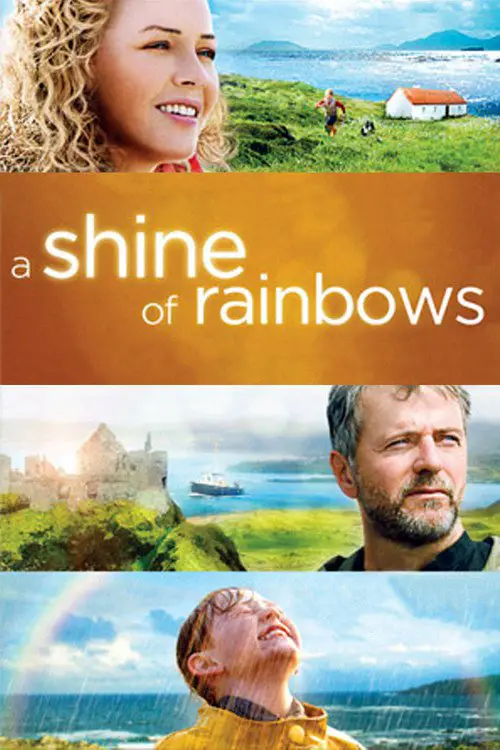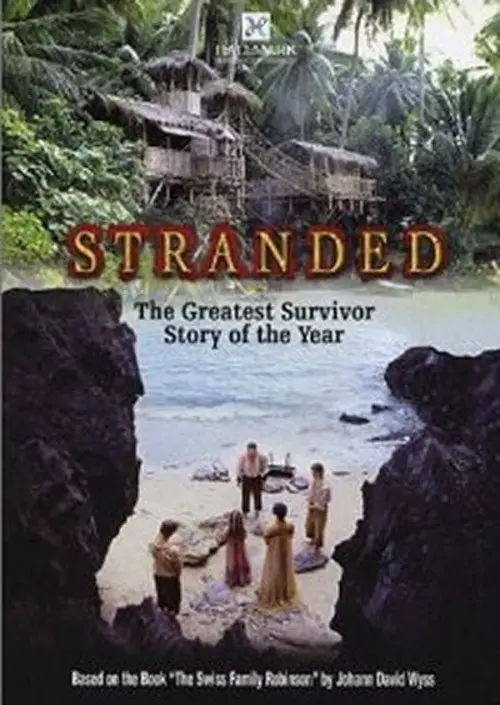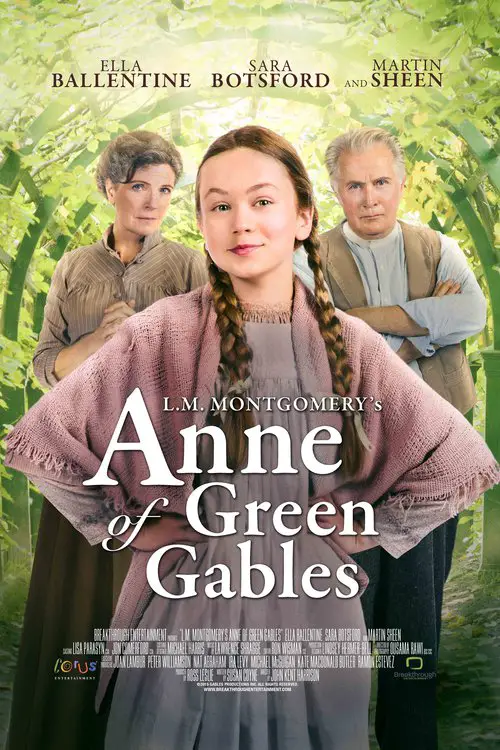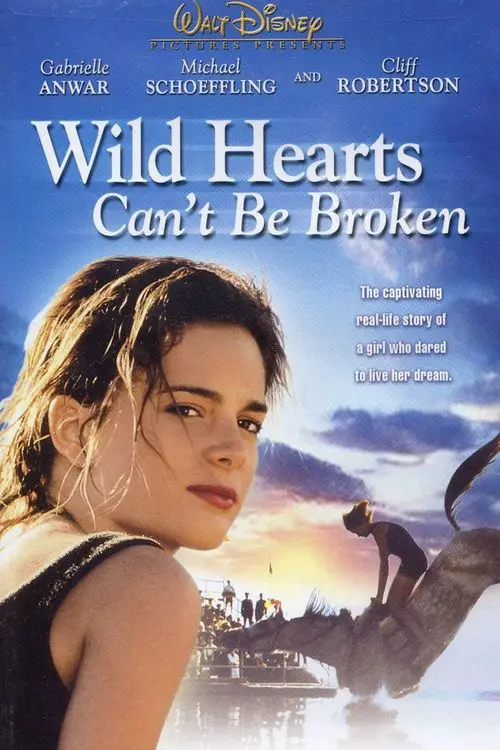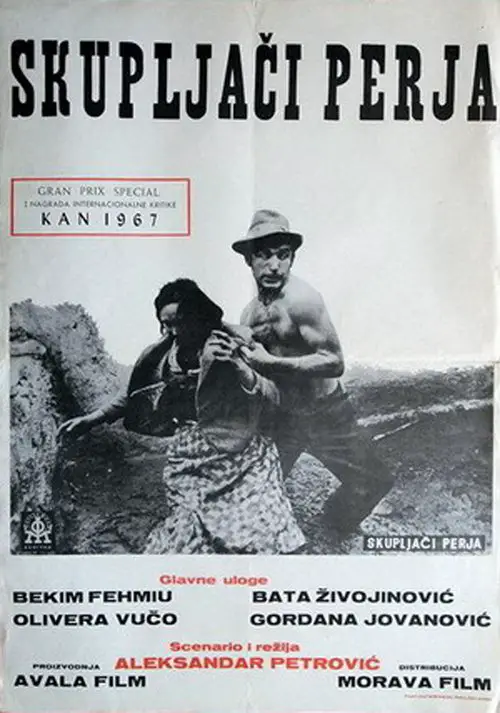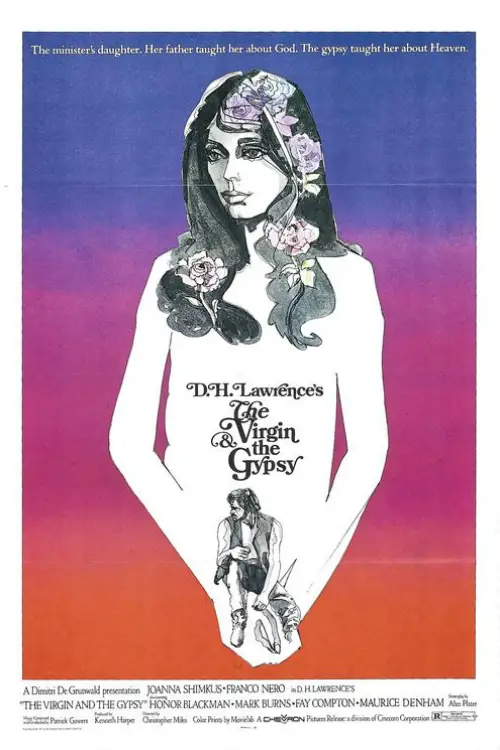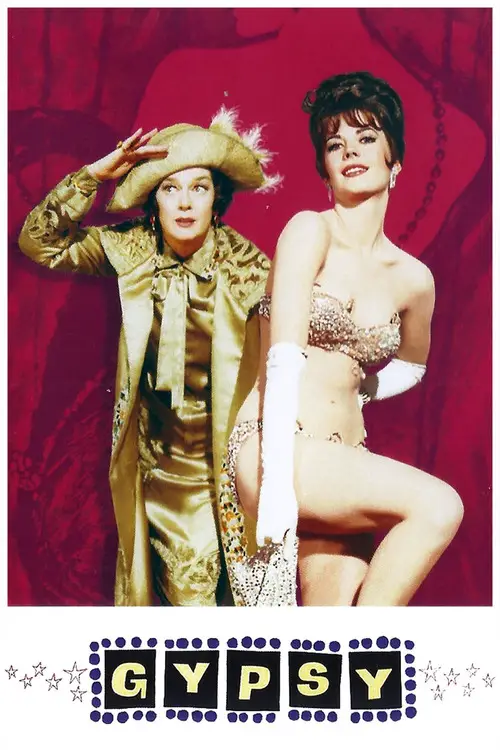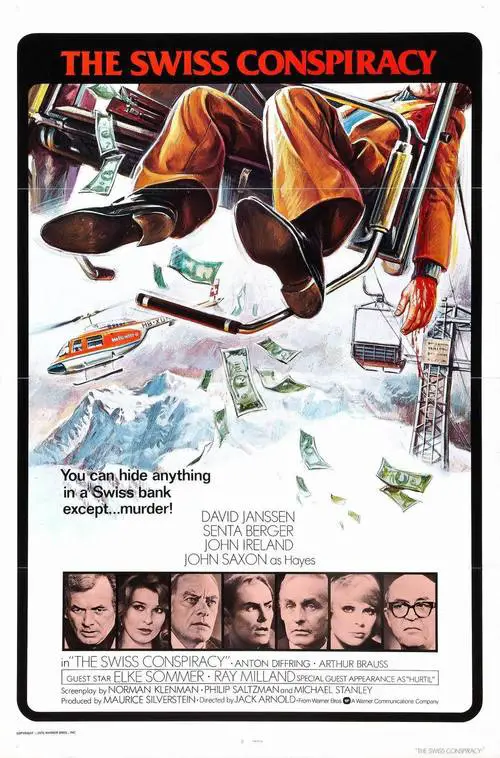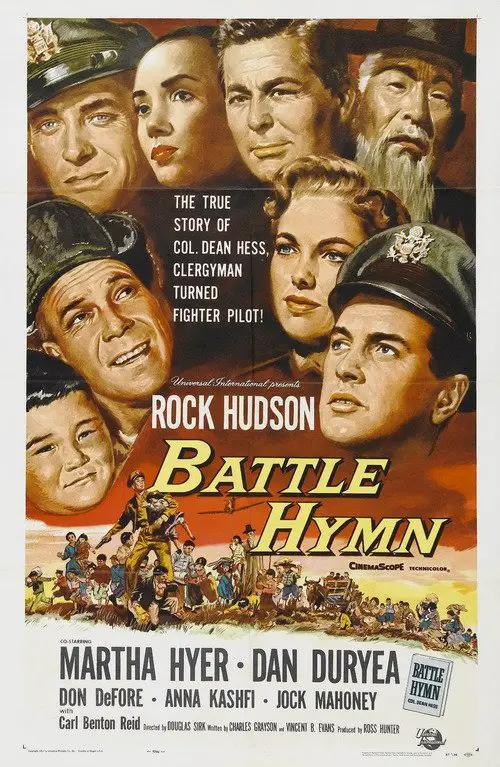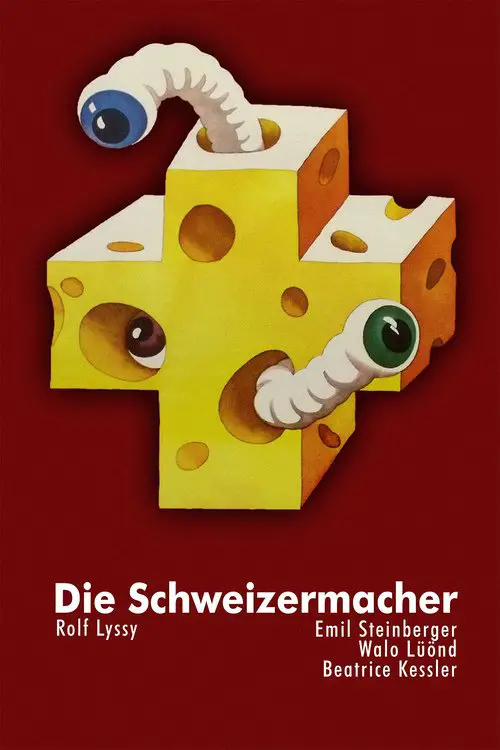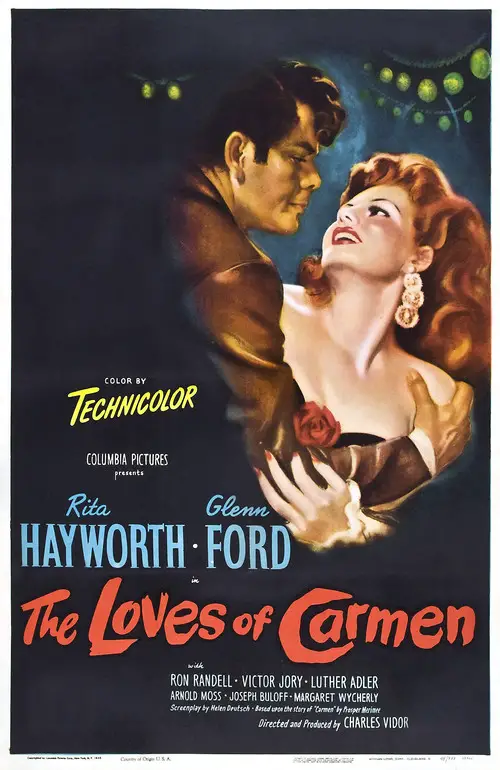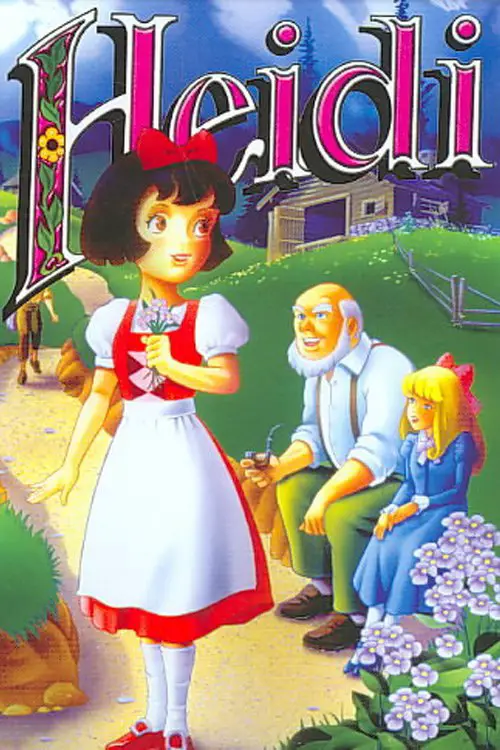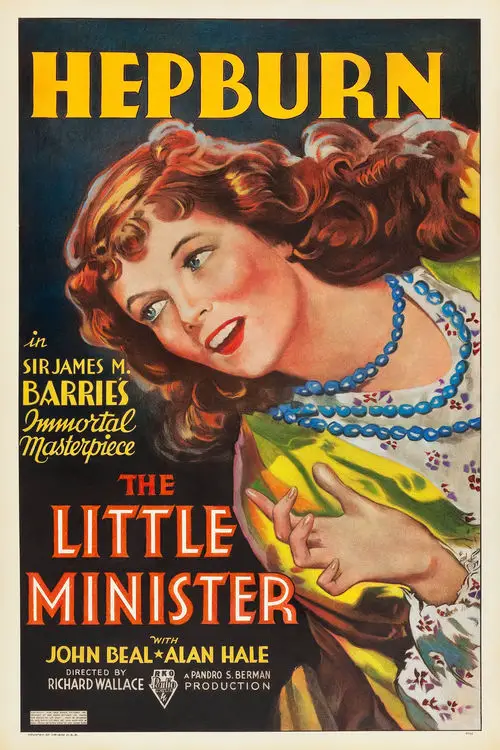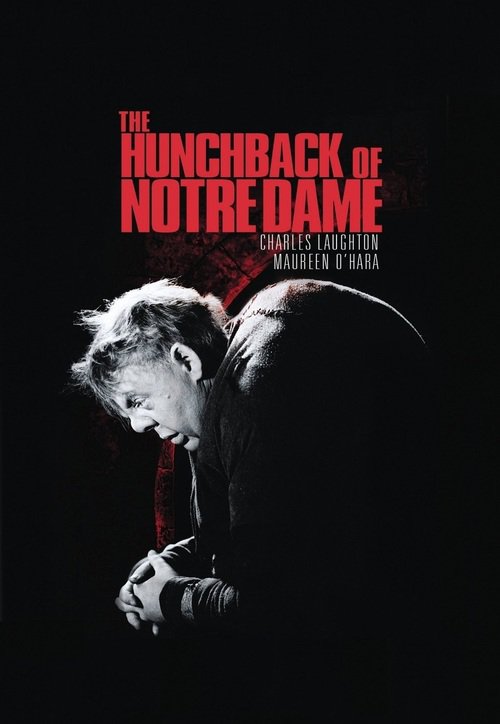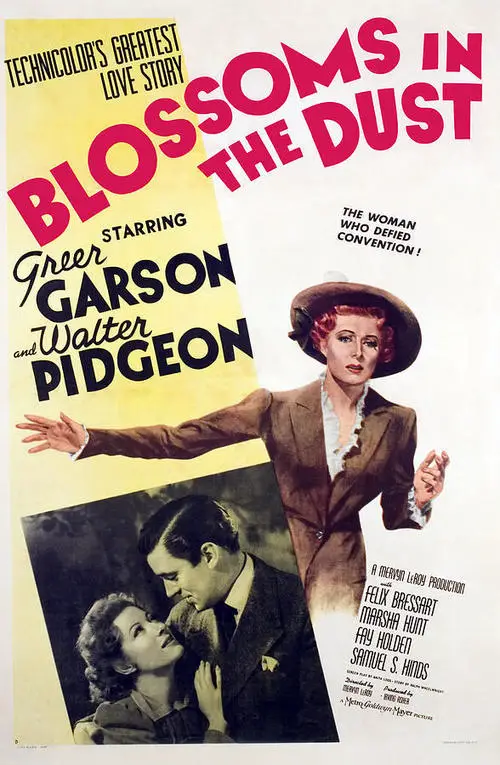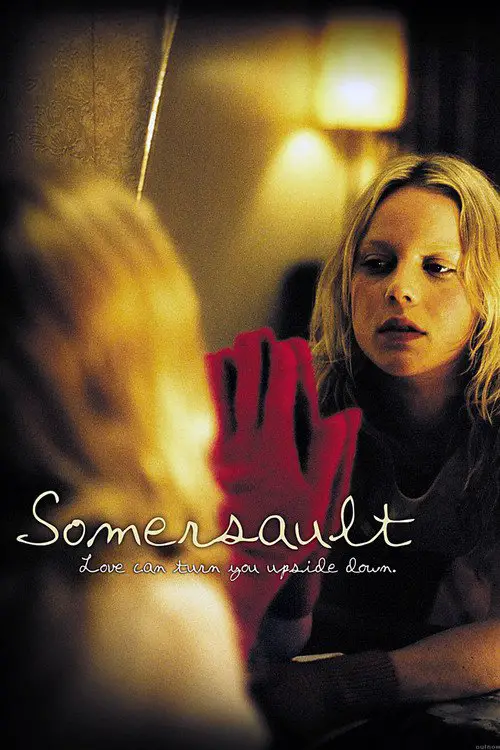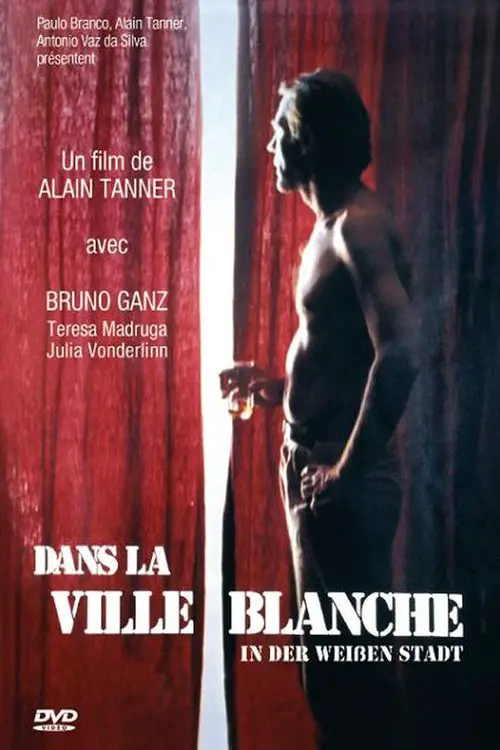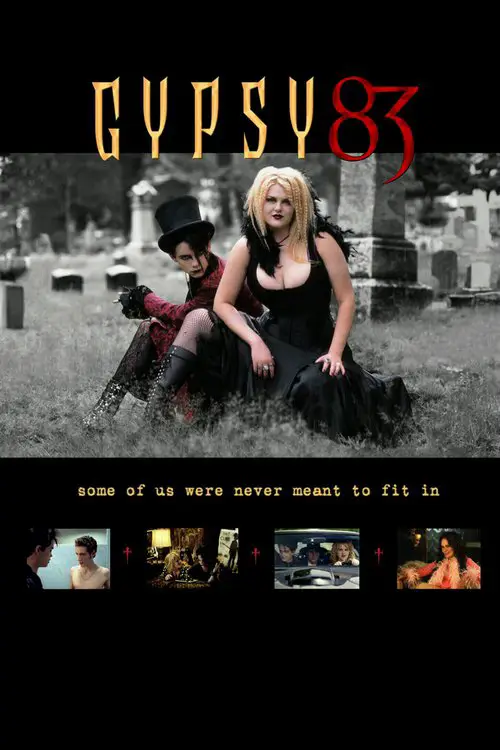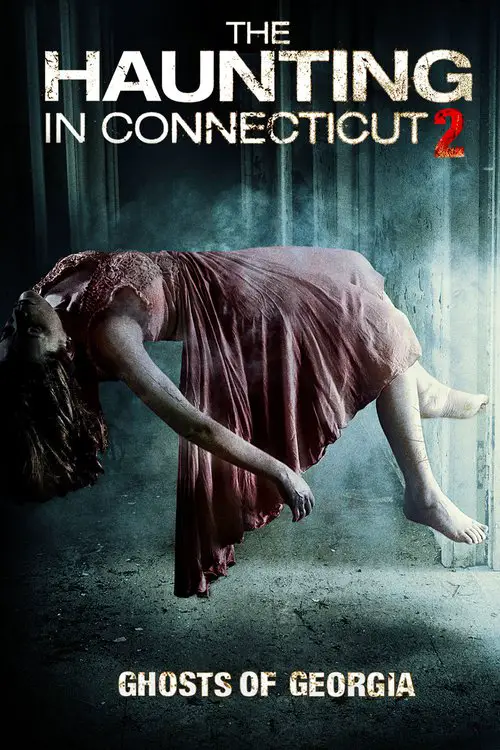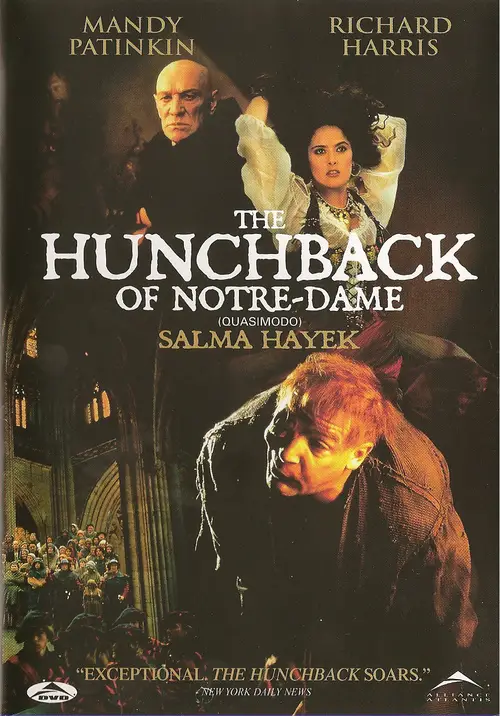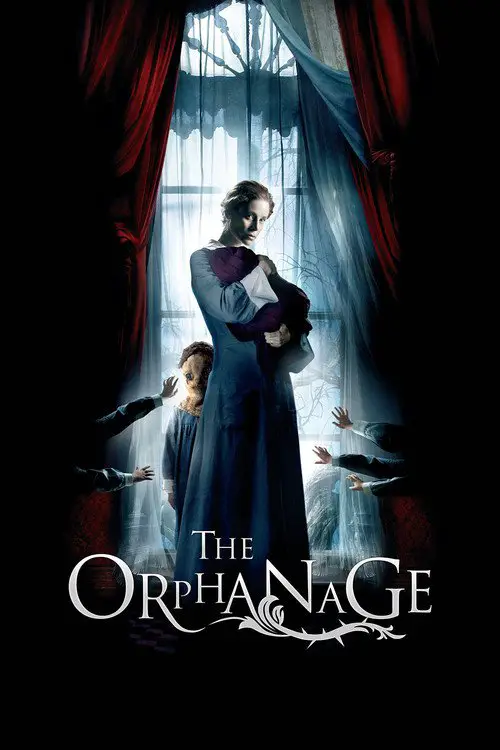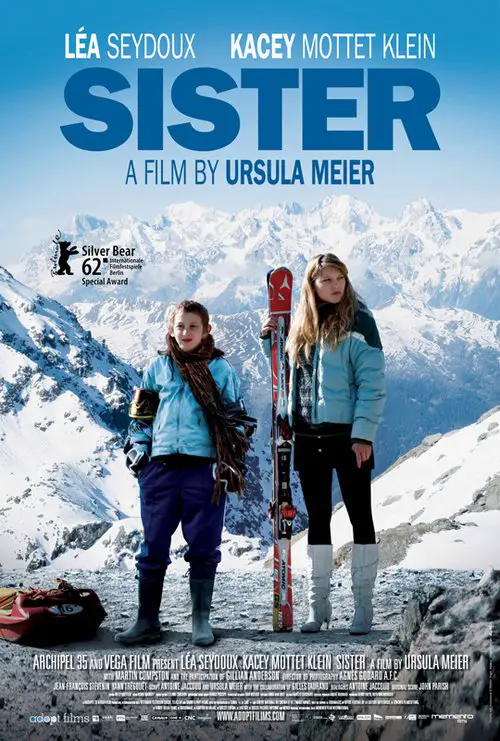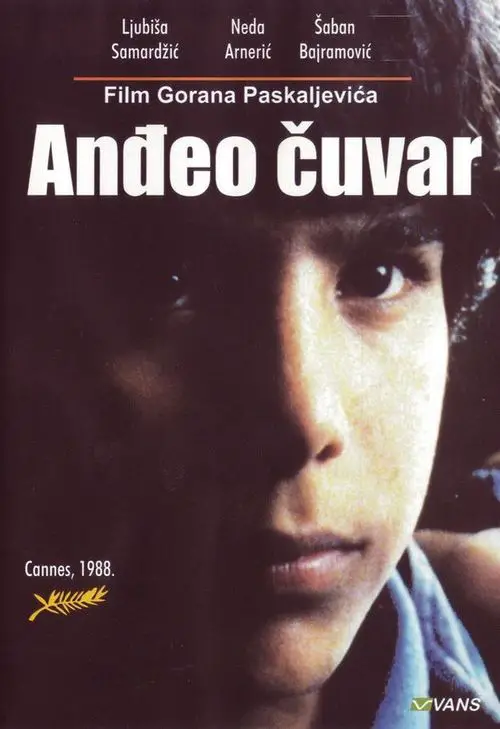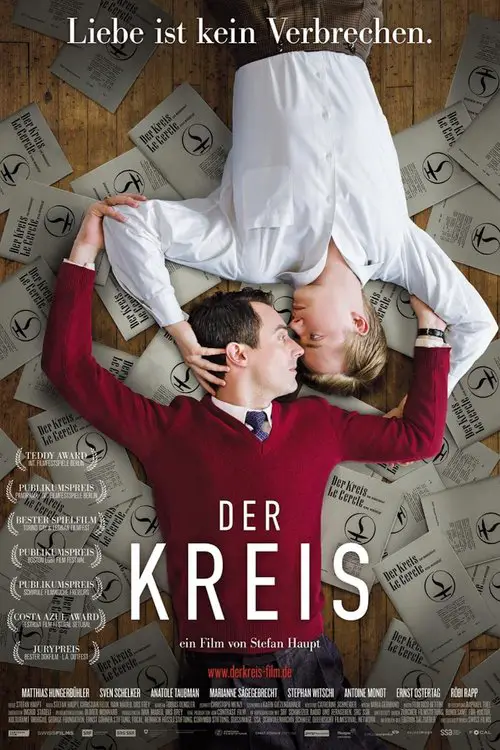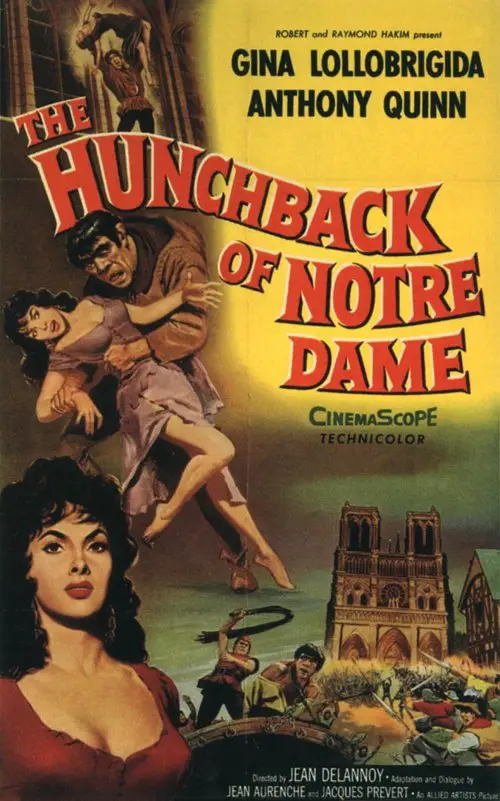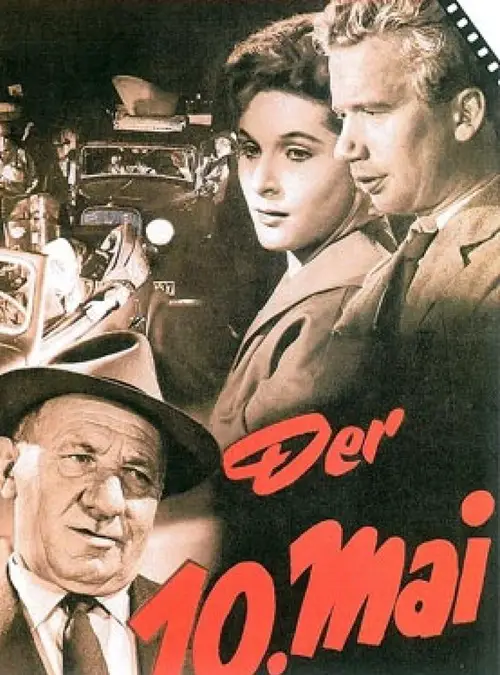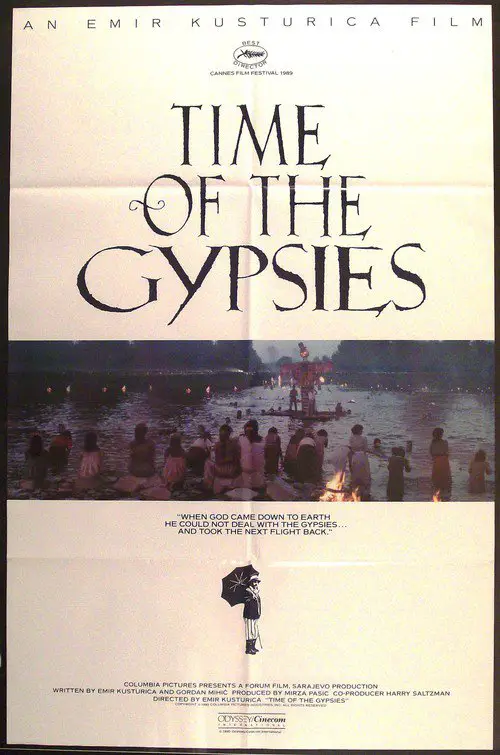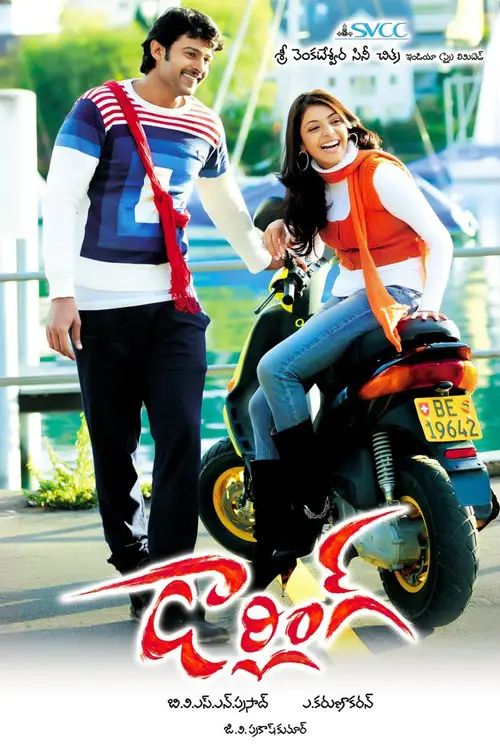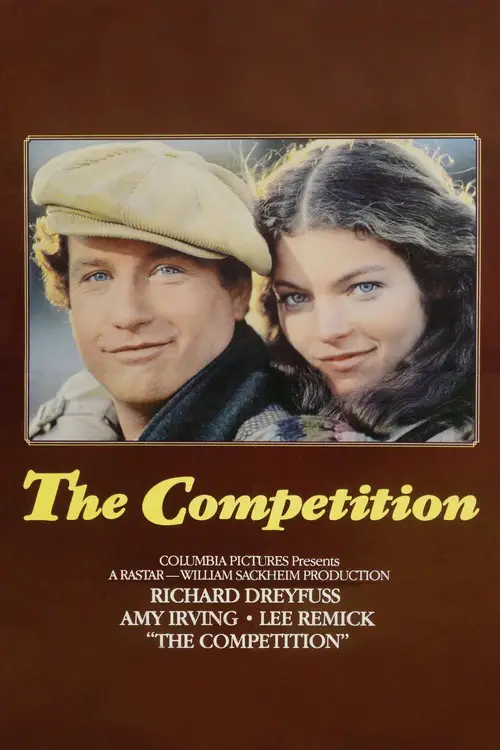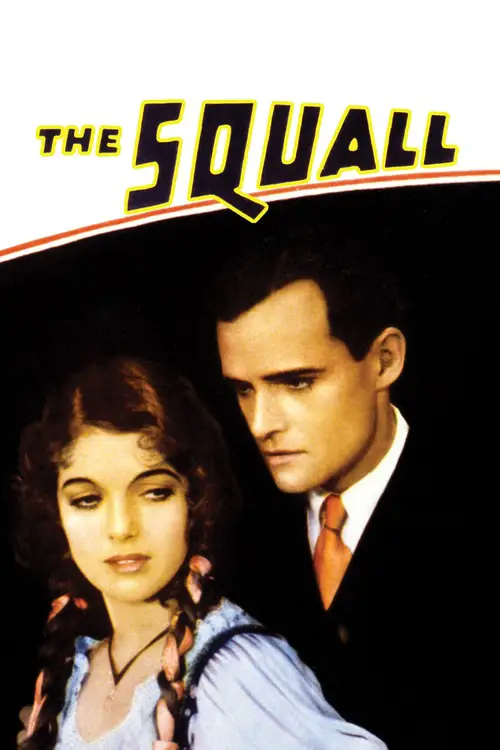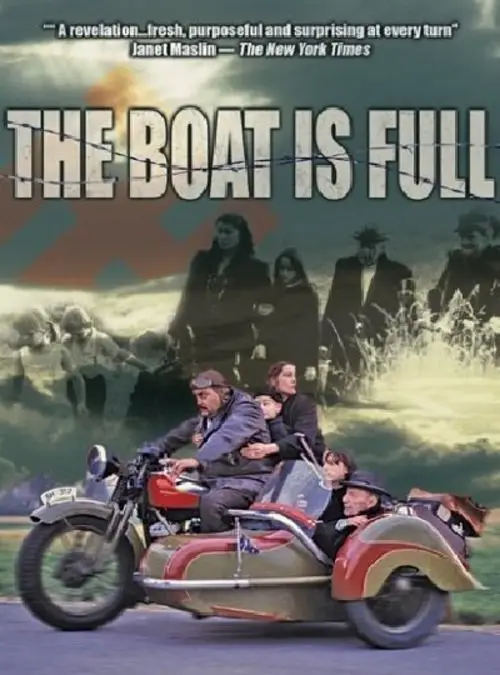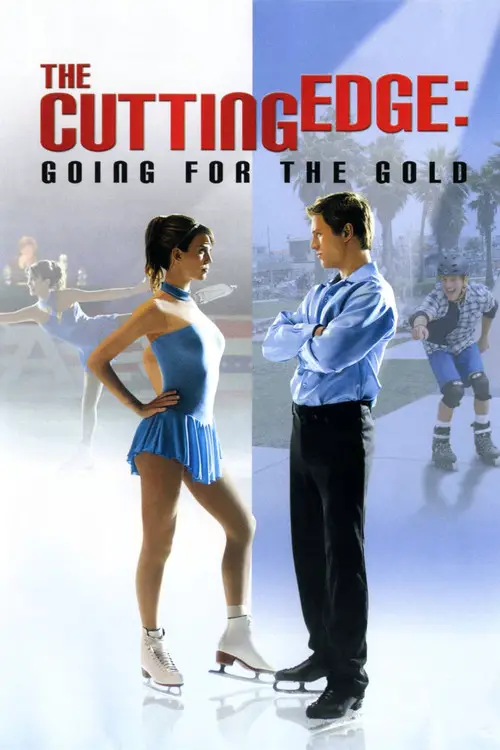Heidi (1937)
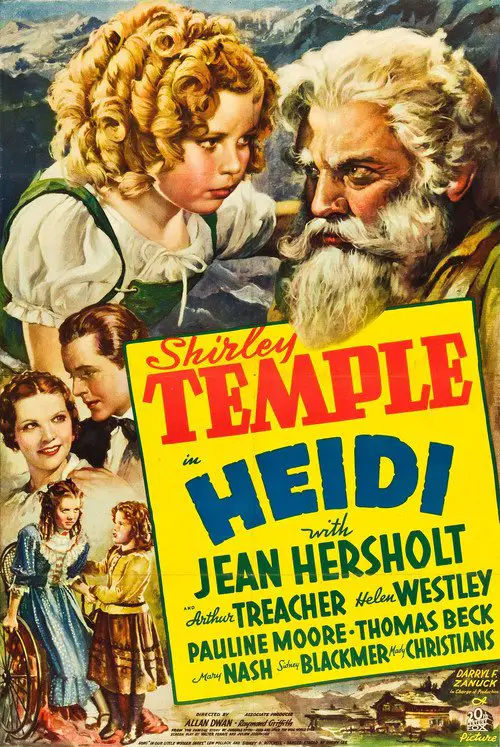
Similar movies
Heidi lives with Alp-Ãhi n the Swiss Alps in the summer, where she helps Peter tend the goats. In winter, she stays in the village and attends school. One day, a letter arrives from Heidi's German friend, Klara Sesemann, announcing her visit. Klara indeed appears the next summer along with her grandmother and the prim governess Miss Rottenmeyer. Klara is quickly convinced to stay with Heidi, but Peter becomes resentful that Heidi now spends so little time with him...
An orphan in a facility run by the mean Miss Hannigan (Carol Burnett), Annie (Aileen Quinn) believes that her parents left her there by mistake. When a rich man named Oliver "Daddy" Warbucks (Albert Finney) decides to let an orphan live at his home to promote his image, Annie is selected. While Annie gets accustomed to living in Warbucks' mansion, she still longs to meet her parents. So Warbucks announces a search for them and a reward, which brings out many frauds.
Heidi is an orphaned girl initially raised by her aunt Dete in Maienfeld, Switzerland. In order to get a job in Frankfurt, Dete brings 5-year-old Heidi to her grandfather, who has been at odds with the villagers for years and lives in seclusion on the alm. He at first resents Heidi's arrival, but the girl manages to penetrate his harsh exterior and subsequently has a delightful stay with him and her best friend, young Peter the goat-herd.
Swiss girl Adelheid 'Heidi' is orphaned young. Aunt Detie brings her to grandpa Alp and his wife, who live isolated in the Alps since his murder charge. Heidi soon takes to the wild country, especially accompanying young goatherd Peter. Grandpa refuses to send her to school in the city, but aunt Detie returns and forces him to give in. She's sent to a posh lady in Frankfurt, where she'll be a companion for crippled daughter Clara after school hours.
Heather and Heidi play volleyball for their school team, when their family decides that they need to go to a bigger school so that they will have a better chance for scholarships. But at the new school, the twins are discovered by the basketball coach. Inspired by the true story of Heather and Heidi Burge.
At the turn of the century on Prince Edward Island, Matthew Cuthbert and his sister Marilla decide to take on an orphan boy as help for their farm. But they get an unexpected jolt when they're mistakenly sent a girl instead: Anne Shirley. Anne's a dreamer with an unusual point of view, far removed from Marilla's pragmatic ways, and it's only on trial that Marilla agrees to keep Anne.
Calvin and his friends, who all live in an orphanage, find old shoes with the faded letters MJ connected to a powerline. One stormy night, they go to get the shoes when Calvin and the shoes are struck by lightning. Calvin now has unbelievable basketball powers and has the chance to play for the NBA.
An unusual explorer named Gum and his kindly niece adopt three orphans -- Pauline, Petrova and Posy -- and raise them as sisters in 1930s London. But the girls must fend for themselves when Gum doesn't return from one of his adventures. Together, they nurture their passions for acting, aviation and ballet in this charming TV adaptation of Noel Streatfield's novel.
Hugo is an orphan boy living in the walls of a train station in 1930s Paris. He learned to fix clocks and other gadgets from his father and uncle which he puts to use keeping the train station clocks running. The only thing that he has left that connects him to his dead father is an automaton (mechanical man) that doesn't work without a special key which Hugo needs to find to unlock the secret he believes it contains. On his adventures, he meets with a shopkeeper, George Melies, who works in the train station and his adventure-seeking god-daughter. Hugo finds that they have a surprising connection to his father and the automaton, and he discovers it unlocks some memories the old man has buried inside regarding his past.
Maire O'Donnell is a loving woman as rare as a double rainbow. Joyful, warm and caring, she adopts a young orphan named Tomas and whisks him off to a new home on remote Corrie Island, off the coast of Ireland. Maire shares with Tomas the joys of her island home and introduces him to the whimsical local folklore, including the secret of the seals, and teaches him that everything you need is inside of you- if you really look. But Maire's stern husband Alec silently disapproves of Tomas' timidity and halting speech. He can't hide his disappointment that Tomas isn't the kind of child he was hoping for and his reluctance to get to know the boy makes Tomas unsure of whether he really belongs.
A runaway orphan, young Sonora, persists in a menial job mucking stables in Doc Carver's travelling stunt show. Her great wish is to become a death-defying "diving girl," but Doc refuses her pleas. Undaunted, Sonora's gutsy resolve finally convinces him to give her a break. On the brink of stardom, however, a cruel twist of fate threatens to destroy her dream.
Desmond Doyle is devastated when his wife abandons their family on the day after Christmas. His unemployment and the fact that there is no woman in the house to care for the children, Evelyn, Dermot and Maurice, make it clear to the authorities that his is an untenable situation. The Catholic Church and the Irish courts decide to put the Doyle children into Church-run orphanages.
I Even Met Happy Gypsies is a 1967 Yugoslav, original Serbian title is SkupljaÄi perja, which means The Feather Gatherers. The protagonist, Bora, is a charming but mean-spirited gypsy, while his older wife, Lence, is submissive. Bora is in love with the younger Tisa, who is being offered in marriage by her father. The two get themselves in trouble and eventually have to flee. Tisa rejects her husband and she and Bora get married in the church, and their adventures continue. At the 1967 Cannes Film Festival it was nominated for the Palme d'Or and won the Special Grand Prize of the Jury and the FIPRESCI Prize. The film was nominated for the 1968 Academy Award for Best Foreign Language Film and for the Golden Globe Award for Best Foreign Language Film. Bekim Fehmiu also won a Golden Arena award for Best Actor at the 1966 Pula Film Festival for his portrayal of Bora.
The demise of airline Swissair in 2001 was a huge blow to Switzerland's economy and to the country's morale. It was a sad day for Swiss history when the airline's fleet was grounded on 2 October 2001. "Grounding" is set during the last days of the doomed airline, and tells the story of manager Mario A. Corti's unhappy fate, the last, unlucky CEO at the traditional airline company, as well as of all those nameless people who lost almost everything in the maelstrom of Swissair's downfall: their job, home and their belief in Switzerland.
The story of Heidi Fleiss, known as "The Hollywood Madam", who was the daughter of a prominent Los Angeles doctor and eventually became a prostitute for a well-known Los Angeles madam. She took over her boss' operation and soon was raking in $300,000 a month by hiring only the most beautiful and highest-class hookers and catering to wealthy Hollywood types, European and American corporate executives and Arab sheiks. Her operation was broken up by Los Angeles police in 1993, and she eventually went to prison for income-tax evasion. Written by frankfob2@yahoo.com
Filmed on location in Zurich, Switzerland, The Swiss Conspiracy is concerned with a Swiss bank that discovers some of its clients are becoming the victim of a brilliant blackmailer. The bank's president (Ray Milland) contacts David Christopher (played by David Janssen), a former agent with the U.S. Treasury, to help discover who the blackmailer is and to foil his plot. As Christopher delves into the mystery, he uncovers a complicated web of intrigue, car chases, and shoot-outs that takes all of his wits to unravel. Along the way, Christopher encounters the beautiful Denise Abbott (Senta Berger), with whom he develops a relationship, as well as Rita Jensen (Elke Sommer) and Robert Hayes (John Saxon), who know more than they are willing to tell.
Battle Hymn was inspired by the true story of American minister Dean Hess, played here with rare sensitivity by Rock Hudson. A bomber pilot during World War II, Hess inadvertently releases a bomb which destroys a German orphanage. Tortured by guilt, Hess relocates in Korea after the war to offer his services as a missionary. Combining the best elements of Christianity and Eastern spiritualism, Hess establishes a large home for orphans. The preacher's efforts are threatened when the Korean "police action" breaks out in 1950. Battle Hymn was one of several collaborations between Rock Hudson and director Douglas Sirk--though Sirk felt that Robert Stack would have been better suited to the role of Rev. Hess.
This romantic drama follows two policemen whose job is to investigate the lives of foreigners who have applied for Swiss citizenship. Among the applicants they must screen are a French psychiatrist and his wife, and a ballet dancer. The married couple are quickly accepted, but the dancer's life offers some objections. However, since the younger policeman has fallen in love with her, there is a chance that she, too, will win Swiss citizenship.
In rural 1840's Scotland, Gavin Dishart arrives to become the new "little minister" of Thrums's Auld Licht church. He meets a mysterious young gypsy girl in the dens and to his horror Babbie draws him into her escape from the soldiers after she incites a Luddite riot. But unknown to Gavin, Babbie is more than she seems. And they must overcome her secret, the villagers' fears of her, and worst of all, Gavin's devotion to his mother's sensibilities, before they can openly declare their love.
Edna marries Texan Sam Gladney, operator of a wheat mill. They have a son, who is killed when very young. Edna discovers by chance how the law treats children who are without parents and decides to do something about it. She opens a home for foundlings and orphans and begins to place children in good homes, despite the opposition of "conservative" citizens, who would condemn illegitimate children for being born out of wedlock. Eventually Edna leads a fight in the Texas legislature to remove the stigma of illegitimacy from birth records in that state, while continuing to be an advocate for homeless children.
Australian teenager Heidi is left with little choice but to leave home after she's caught red-handed with her mother's boyfriend. With few options, Heidi ends up in Jindabyne, a tourist community. Upon meeting Joe at a bar, she pursues a relationship with him and tries to find something resembling a normal home life. Heidi makes small strides by getting a job and finding a place to stay, but her relationship with Joe must overcome more than its share of hurdles.
A Swiss sailor jumps ship in Lisbon, tired of the noisy engine room, the ship "a floating factory of crazy people." He rents a room and does little. He writes letters to his lover, describing the whiteness of the city, the solitude and the silence. He sends his love and emptiness; she replies with love and confusion. He sends movies from his 8mm camera. Then he becomes friendly with Rosa, a chambermaid, and soon it's a love affair. He continues to send letters and movies home. His Swiss lover is hurt and angry; she sends an ultimatum. Written by jhailey
Zürich in the mid 50âs: The young shy teacher Ernst Ostertag becomes a member of the gay organisation DER KREIS. There he gets to know the transvesti- te star Röbi Rapp â and immediately falls head over heels in love with him. Röbi and Ernst live through the high point and the eventual decline of the organization, which in the whole of Europe is seen as the pioneer of gay eman- cipation. Ernst finds himself torn between his bour- geois existence and his commitment to homosexuality, for Röbi it is about his first serious love relationship. A relationship which will last a lifetime. The film looks back from the present to the time when the âMotherâ of all European homosexual or- ganizations had its high point to the time it slowly fell apart. While the repression against homosexu- als became increasingly more intense in Zurich, two young and very different men fight for their love and â together with their friends â for the rights of gays.
Paris, 1482. Today is the festival of the fools, taking place like each year in the square outside Cathedral Notre Dame. Among jugglers and other entertainers, Esmeralda, a sensuous gypsy, performs a bewitching dance in front of delighted spectators. From up in a tower of the cathedral, Frollo, an alchemist, gazes at her lustfully. Later in the night, Frollo orders Quasimodo, the deformed bell ringer and his faithful servant, to kidnap Esmeralda. But when the ugly freak comes close to her is touched by the young woman's beauty...
Homer is an orphan who was never adopted, becoming the favorite of orphanage director Dr. Larch. Dr. Larch imparts his full medical knowledge on Homer, who becomes a skilled, albeit unlicensed, physician. But Homer yearns for a self-chosen life outside the orphanage. What will Homer learn about life and love in the cider house? What of the destiny that Dr. Larch has planned for him?
Der 10. Mai (The Tenth of May) was the date in 1940 that Hitler invaded the Low Countries: Belgium, Holland and Luxembourg. Neutral Switzerland, which hadn't experienced a war since the 14th century, hurriedly fortified its borders with battalions of inexperienced soldiers. The panic, confusion and isolated acts of courage which occurred on that fateful day are re-created in this Swiss docudrama. The story is "personalized" by concentrating on a fugitive German soldier (Heinz Reincke) who falls in love with the Swiss girl (Linda Geiser) who shelters him. Produced on a bare-minimum budget, Der 10. Mai is impressive more for its sincerity and raw energy than for its actual cinematic merits.
For many years, four teenage orphans at an Australian outback convent have watched their younger comrades find new parents, and realize that they may never be adopted. The Reverend Mother sends the four boys away on a seaside vacation, where they meet Teresa and Fearless, a couple who would make perfect parents. The youths compete with one another to be the one Teresa and Fearless decide to adopt.
Prabhas (Prabhas) has a childhood sweetheart named Nandini (Kajal Agarwal) and they are separated during their childhood. Nandini migrates to Swiss along with her father. Meanwhile Prabhas rejects love proposals from other girls as his heart belongs to Nandini. Prabhas gets a chance to meet Nandini for the first time after the separation during the reunion of their respective parents who have studied together. The rest of the story is all about how Prabhas wins the love of Nandini.
During World War II, Switzerland severely limited refugees: "Our boat is full." A train from Germany halts briefly in an isolated corner of Switzerland. Six people jump off seeking asylum: four Jews, a French child, and a German soldier. They seek temporary refuge with a couple who run a village inn. They pose as a family: the deserter as husband, Judith as his wife, an old man from Vienna as her father, his granddaughter and the French lad, whom they beg to keep silent, as their children. Judith's teenage brother poses as a soldier. The fabrication unravels through chance and the local constable's exact investigation. Whom will the Swiss allow to stay? Who gets deported?
© Valossa 2015–2026
| Privacy Policy
